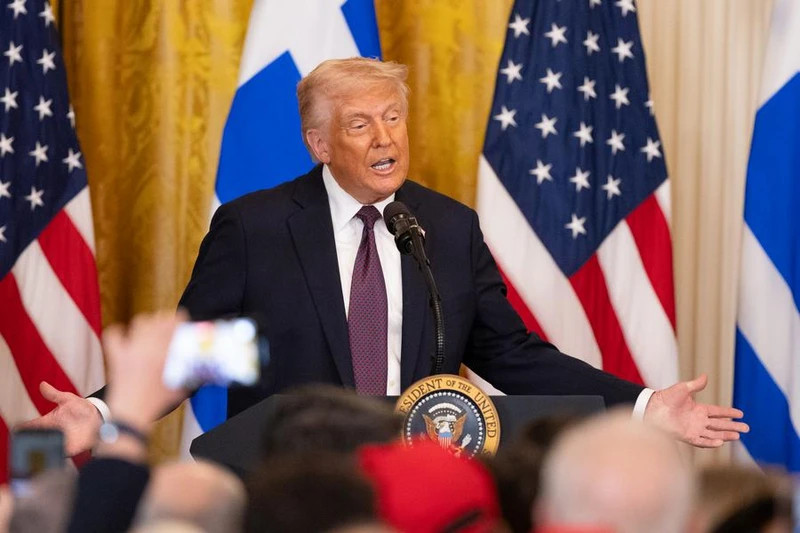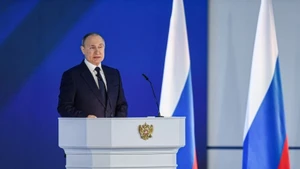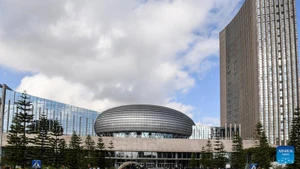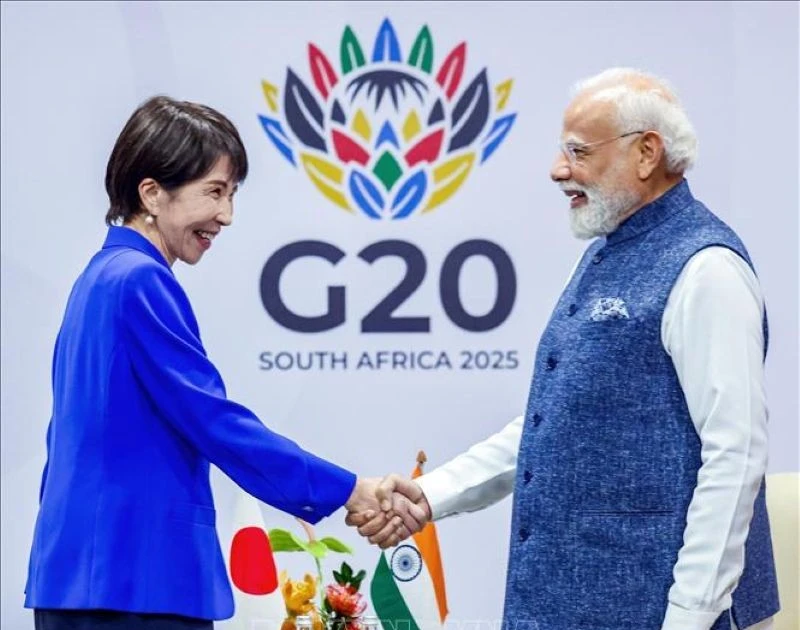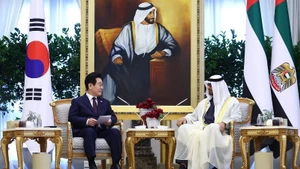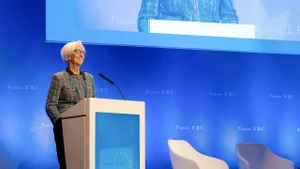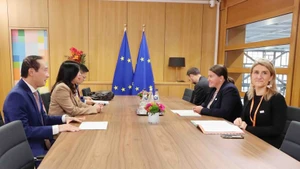President Donald Trump stated that the new tariffs, effective from April 2, aim to reduce the 1.2 trillion USD global trade deficit.
The tariffs will match those imposed on US exporters by foreign markets. However, many nations have expressed deep concern, warning of the potential for negative consequences for the global economy. The Republic of Korea Institute for International Economic Policy predicts that increasing trade protectionism could fuel higher inflation and currency volatility.
Korean experts say that the tariff war cannot fundamentally solve the problems of oversupply and slow growth of the world economy, noting that it also causes greater instability in the financial market.
Nations are reacting differently to Washington’s new tariff policies. Japanese Prime Minister Shigeru Ishiba warned that a 25% tariff on Japanese auto exports, starting April 3, would severely impact Japan’s economy, as the automotive industry is a key driver of growth. Ishiba emphasised that Japan will work to persuade Washington that the policy is not in the US’s best economic interests, adding that the country is open to negotiations.
Meanwhile, Brazil’s Minister of Foreign Trade, Tatiana Prazeres, cautioned that global trade is at risk of being “weaponised”, leading to unpredictable consequences. Brazil reaffirmed its commitment to a multilateral trading system and intends to defend its national interests through the World Trade Organisation (WTO) while expanding trade cooperation, particularly through agreements such as the EU-MERCOSUR Free Trade Agreement.
The UK Office for Budget Responsibility (OBR) projected that Britain’s economy could shrink by up to 1% due to US retaliatory tariffs, wiping out the government’s financial buffer. If tariffs are imposed, UK inflation could rise by 0.6% in the next fiscal year.
In response, UK Finance Minister Rachel Reeves is reducing government spending increases and is negotiating a new economic agreement with the US to avoid retaliatory tariffs.
Canadian Prime Minister Mark Carney denounced the US tariffs as a “direct attack” on Canadian workers and vowed strong action. The Canadian Automotive Manufacturers Association urged the government to impose immediate retaliatory tariffs on US imports.
In Germany, Chancellor Olaf Scholz criticised Washington’s decision and warned that tariffs will harm economic prosperity. German officials pledged that Berlin and the EU will defend free trade and consider appropriate countermeasures.
Italy’s Minister of Agriculture Francesco Lollobrigida dismissed US tariff threats, saying Italy would not be intimidated. This follows Trump’s warning of a 200% tariff on European wine, cognac, and other imported spirits. Italy remains hopeful that diplomatic efforts will prevent economic damage.
Mexican President Claudia Sheinbaum stated that US retaliatory tariffs violate the US-Mexico-Canada Agreement (USMCA). Mexico is preparing a comprehensive response in early April but remains open to negotiations. Mexican Economy Minister Marcelo Ebrard confirmed that the White House has assured Mexico that automobiles with US-made components will receive lower tariffs and avoid multiple taxation at the border.
Taking a different approach, India has offered to reduce tariffs on over half of the 23 billion USD worth of US imports. Last month, India lowered import duties on bourbon whiskey from 150% to 100%.
The ongoing “tariff war” risks pushing economies toward recession and exacerbating global challenges. As nations erect trade barriers in retaliation, economic uncertainty looms. Flexible adaptation and enhanced international cooperation remain the best solutions to safeguard global economic interests and maintain a multilateral trading system.
